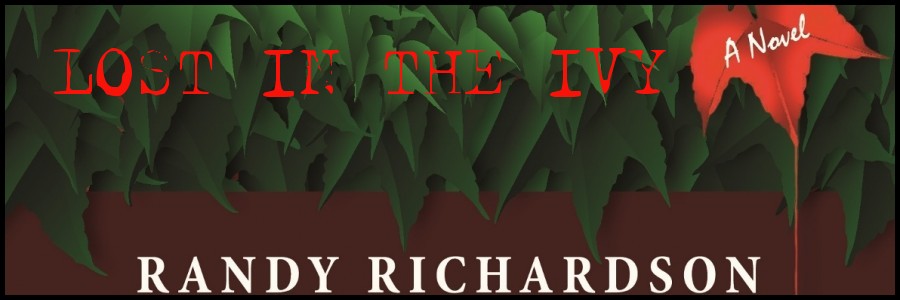Chicago's Literary Scene: 2nd to None
 Wednesday, April 12, 2006 at 07:29AM
Wednesday, April 12, 2006 at 07:29AM You might have to look a bit harder than you would in NY or LA to find the pulse that is Chicago's literary scene. But it's there and it's beating stronger than ever.
No, it's not NY where all the money-hungry publishing houses and literary agencies congregate. No, it's not LA where all those tanned Hollywood types flock.
Chicago's literary scene is a little more pick-yourself-up-by-the-bootstraps, blue collar and pasty-skinned, a reflection of the city itself.
But it's a surprisingly vibrant one. You just have to no where to look.
While everything in NY or LA is big, small is thriving in Chicago. There's an abundancy of zines, journals and comics coming out of Chicago. Just check out Quimby's Book Store or Chicago Comics and see for yourself.
There's also an incredibly warm and welcoming literary community in Chicago that throws its arms around the little guys. Visit Twilight Tales or The Book Cellar or The Chicago Underground Library.
Online, one of the hottest literary magazines, Bookslut, originates from the Windy City.
And a growing number of established and up-and-coming authors are calling Chicago and its environs home. Stuart Dybek. Audrey Niffenegger. Sara Paretsky. Raymond Benson. J.A. Konrath. Libby Fischer Hellman. Jay Bonasinga. David Ellis. Barbara D'Amato. Scott Turow. Kevin Guilfoile. Elizabeth Berg. Adam Langer. Achy Obejas. Joe Meno. To name just a few.
As part of my work on the new website of the Chicago Writers Association, I've been conducting interviews with some of the movers and shakers in the Chicago literary scene. They'll be popping up now and then in the site's Commerce section.
One of the goals of these interviews is to put the spotlight on Chicago's surprisingly vibrant literary scene. That's what led me to choose my first two interview subjects: the delightful Sharon Woodhouse, founder of Chicago's Lake Claremont Press; and thriller writer and Chicago native J.A. Konrath, who dispenses his own unique brand of wit and wisdom about writing and marketing.
I hope you'll take the time to read these interviews and learn what I've learned: When it comes to writing and community, Chicago is second to none.
 Randy Richardson
Randy Richardson
J.A. Konrath links to my interview with him on his insanely popular blog, "A Newbie's Guide to Publishing," today. And Sharon Woodhouse recently linked to my interview with her on her publisher's blog, "Lake Claremont Press's Chicago." You see, Chicago really does have quite a friendly literary community.

